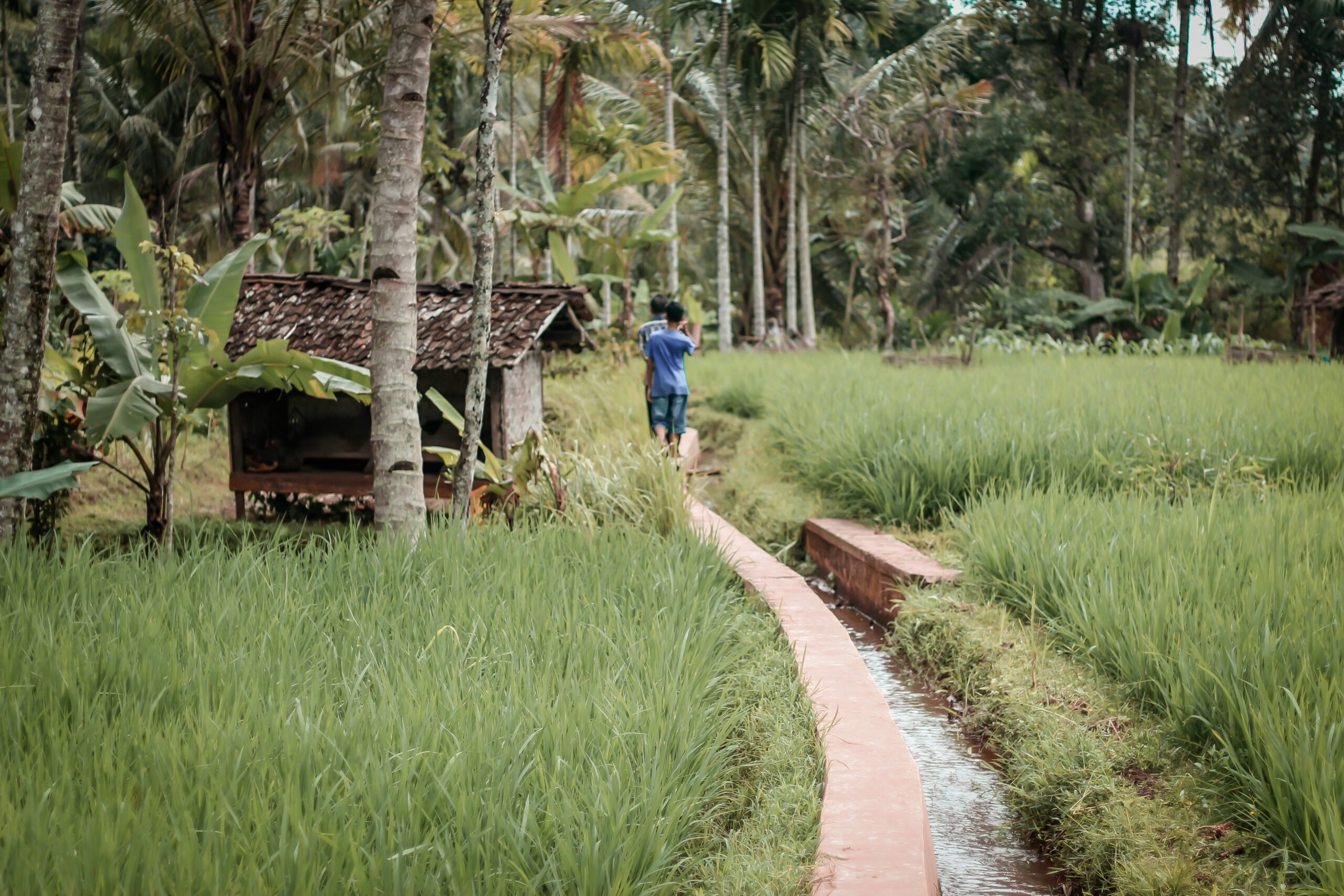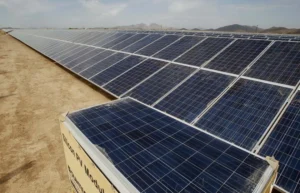Through a field experiment in Indonesia, we show that worker productivity was 8.22% lower in deforested relative to forested settings, where wet bulb globe temperatures were, on average, 2.84 °C higher in deforested settings. We demonstrate that productivity losses are driven by behavioral adaptations in the form of increased number of work breaks, and provide evidence that suggests breaks are in part driven by awareness of heat effects on work. Our results indicate that the cooling services from forests have the potential for increasing resilience and adaptive capacity to local warming.





